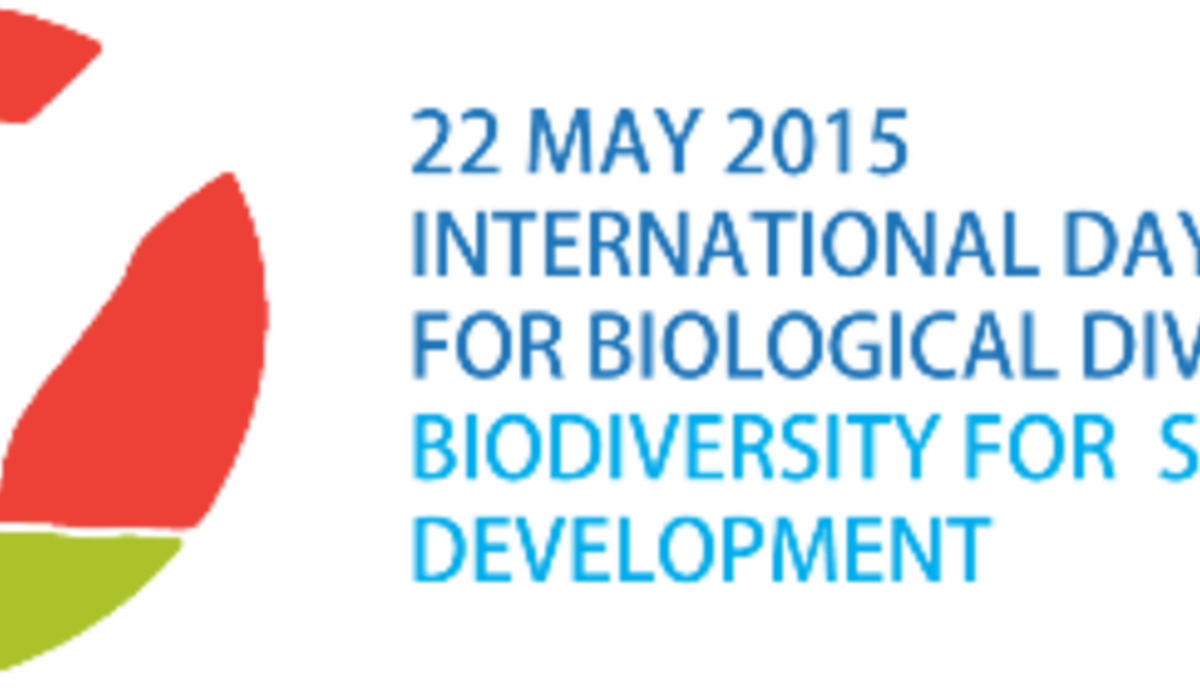Guinea-Bissau assumes biodiversity as one of the pillars of development
22 May 2015 - The International Biodiversity Day on 22 May was commemorated this year under the theme "Biodiversity for Sustainable Development". "Any sustainable development framework must provide the enabling conditions for the conservation and sustainable use of biodiversity," said the United Nations Secretary-General, Ban Ki-moon, in his official message for the day.
Guinea-Bissau Government is already following this approach, placing biodiversity at the center of the country's development strategy, as it was presented at the round-table of donors in Brussels last March.
Since the 90s the United Nations Development Programme (UNDP) has been working with the Government of Guinea-Bissau, in particular with the Institute for Biodiversity and Protected Areas of Guinea-Bissau (IBAP, Portuguese acronym) in elaborating a National Biodiversity Strategy and its Action Plan, as well as assisting the authorities in mobilizing resources for preserving biodiversity.
The project coordinator for Resilience and Climate Change at UNDP, Dauda Saw, said that "at this time UNDP is assisting the Government in its efforts to prepare to adapt to challenges that climate change poses and to develop an environmental and sustainable development policies, and to design a policy and legislation more resilient to climate change, and more sensitive to environment."
Among other measures, IBAP plans to open two more parks and three major wildlife corridors. "With these new parks, Guinea-Bissau will become the country with the largest protected area in West Africa." According to IBAP's records, fifth of Guinea-Bissau's territory consists of protected areas (14.5% of the country).
Guinea-Bissau is therefore at the forefront of countries looking at biodiversity as an important economic resource and as an essential aspect for the future. However the threats to biodiversity - deforestation, overfishing, fires, distribution of ecosystem for allotment and pollution of rivers, - persist.
Over the last two years, the country recorded massive wood cuts in almost every forest, the consequences are incommensurable and are not assessable in the short term. Trying to address this problem, the Government has banned logging for a period of five years in order to restore the forests and has also created a Technical Committee to manage wood and they are working currently in Oio region, confiscating and collecting all wood cut in the country.
The spokesman for the Committee, Degol Mendes, explained that "the Committee was created to confiscate and collect all wood cut in the country and Government did not distinguish who cut legally or not, it gave order just to remove all wood. Degol Mendes also said that, there is no decision taken on the future of seized wood, but after the seizure process, they will open a period for claims to allow people to make complaints. After Oio, the Committee also went to Bafata, Gabu, Quinara, Tombali regions," he explained.
The Executive Secretary of Tiniguena (NGO), Miguel de Barros, highlighted the work of civil society in the fight for the preservation of national biodiversity and ensured resources for people living in these areas. This activist and environmentalist suggested that, "the implementation of the forest law and at the same time making a comprehensive assessment of forest species to measure the impact and level of exploration carried out in the last two years and then evaluate the type of technical guidelines may also influence Important policy measures and assess the operating capacity after the moratorium period ".
To learn more about this topic, listen to our radio programme of this week.
 UN
UN





